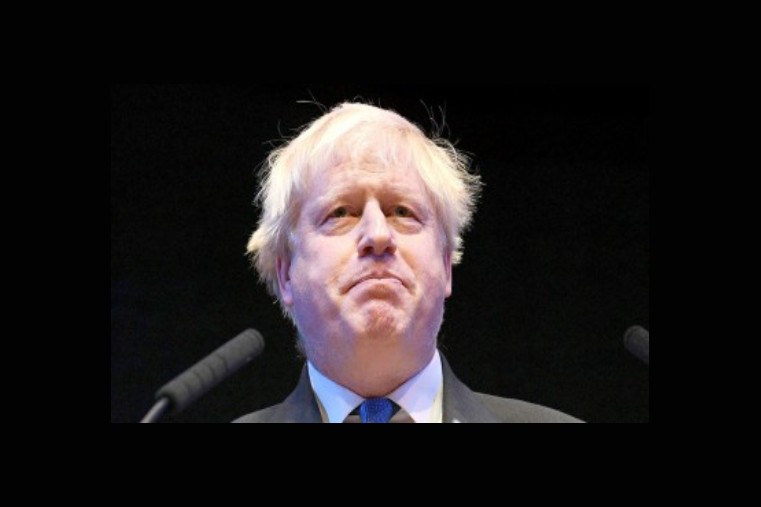- Job Market
- Upload Ad Requests
- Rates
- Home
- Video
- About Us
- Contact Us
- Business Showcase
- Archives
- Blogs
- Upload Advertisements
- Video News Release
- Front Pages
- Community Notices
- Law Enforcement
- Government
- Community Voice
- Health Care
- International
- Sports
- Politics
- Community
- Entertainment
- Advertorial 2
- Non-Profit Organisation(NPO)
- Adopt a Pet
- Tourism
- CIIPO
- Taste of Class
- Opinions & Editorial
- Environment
- Outstanding Employee
- Outstanding Performance
- Celebration
- Gardening
- Beneficial Ownership
- Tips and tricks
- Cover Stories
- Cost of Living
- Development
- Employment
- Education
- Arts and Culture
- Business
- Global News Briefs
- Hurricane Watch
- Breaking News
- Regional
- Public Notices
- Local News
- Lifestyle
- Finance
- Economic
- Election Center
- COVID - 19
- UK Territories
- Advertorial
- History
- Inspiration
- The Panel
- The Interview
- Cayman Conversation
- Community Notices
- Law Enforcement
- Government
- Health Care
- Sports
- Election Center
- Cayman Conversation
- More
- Front Pages
- Community Notices
- Law Enforcement
- Government
- Community Voice
- Health Care
- International
- Sports
- Politics
- Community
- Entertainment
- Advertorial 2
- Non-Profit Organisation(NPO)
- Adopt a Pet
- Tourism
- CIIPO
- Taste of Class
- Opinions & Editorial
- Environment
- Outstanding Employee
- Outstanding Performance
- Celebration
- Gardening
- Beneficial Ownership
- Tips and tricks
- Cover Stories
- Cost of Living
- Development
- Employment
- Education
- Arts and Culture
- Business
- Global News Briefs
- Hurricane Watch
- Breaking News
- Regional
- Public Notices
- Local News
- Lifestyle
- Finance
- Economic
- Election Center
- COVID - 19
- UK Territories
- Advertorial
- History
- Inspiration
- The Panel
- The Interview
- Cayman Conversation
Subscribe
A RULING THAT REVERBERATES
A RULING THAT REVERBERATES

By Mike Jarvis, London UK
The constitutional and even political implications of an historic ruling by the British Supreme Court this past Tuesday will continue to echo, reverberate, be debated for years to come.
The British Supreme Court on Tuesday ruled that the country’s prime minister had acted unlawfully when he prorogued parliament on September 9th.
In a unanimous decision, the 11 judges of the UK’s highest court ruled that the parliament had not even been prorogued (suspended) at all and cleared the way for the immediate resumption of sitting of the House of Commons and the House of Lords.
This development has focused minds across the UK, the Commonwealth, the Overseas Territories, and internationally, on the sovereignty of parliament, the separation of powers and how the centuries-old British parliamentary democracy - the celebrated ‘mother of all parliaments’ - works.
It stemmed from a court challenge of a controversial move by Prime Minister Johnson, in the midst of a parliamentary and constitutional uproar over Brexit, to prorogue (suspend) parliament.
Mr Johnson had declared that his decision was to facilitate the annual Queen’s Speech ceremony in which the sitting government sets out its legislative agenda for the next year.
But his parliamentary opponents, some within his own (currently minority) ruling Conservative Party, as well as private citizens, questioned his real motives.
They argued all the way to the Supreme Court after an initial legal defeat, that Mr Johnson’s act was a blatant attempt at stifling parliamentary scrutiny over critical aspects of his Brexit policy at a particularly critical time.
The Speaker of the House of Commons, John Bercow, had called Mr Johnson’s decision to prorogue ‘a constitutional outrage’.
In Tuesday’s landmark ruling, the Supreme Court sided with Mr Johnson’s challengers, overturning a previous ruling in his favour.
A Scottish court had previously ruled against Mr Johnson in a case directly accusing him of misleading the Queen in his rationale for the prorogation.
Tuesday’s Supreme Court decision did not address that focusing instead on whether the suspension of parliament was unlawful.
It said: “It is impossible for us to conclude, on the evidence put before us, that there was any reason -p let alone good reason - to advise |Her Majesty to prorogue parliament for five weeks from 9th or 12th September until 14th. We cannot speculate in the absence of further evidence, upon what reasons might have been.”
The ruling has set off a veritable tsunami of reaction for and against the decision, and speculation on the constitutional and political implications.
Mr Johnson disagrees with the court’s decision, suggesting that it’s part of a campaign to ‘frustrate Brexit and will of the British people’.
But he says he won’t challenge the ruling, while at the same time maintaining that he intends to deliver Brexit - Britain leaving the European Union - by October 31st without seeking a further extension from the EU.
He has also said he won’t resign.
The prime minister’s stance has triggered another round of frenzied speculation over what his next moves might be in the interim.
Another prorogation has not been ruled out, although the reasons he is likely to advance are not clear.
The constitutional frame within which the Supreme Court made its ruling has also shone a light on the growing and entrenched divisions in the country over Brexit.
The fissures within the body politic are stark.
For its part, the main opposition Labour Party confronting a constitutionally humbled and politically weakened prime minister, has surprisingly chosen not to seek a motion of no- confidence against him, choosing instead to call on Mr Johnson to resign.
At its annual convention this week, the party has been rocked - some say at risk of being wrecked - by its own internal leadership and policy wrangles, mainly over Brexit and the leadership of its leftist frontman, Jeremy Corbyn.
The Conservative Party is also split; over Brexit and what some see as a hard-right element within the party driving its politcal agenda and taking the populist Mr Johnson along for the ride.
His now-minority government has already lost 45 MPs mainly over differences on Brexit, 25 since Mr Johnson took over the leadership from Theresa May in July.
While the constitutional ramifications of Tuesday’s Supreme Court ruling are now pored over in minute detail, the political landscape of the UK is in a state of flux.
It’s now a massive game of political cat and mouse with the Brexit cheese being constantly moved.
Who does what next was already in play as this paper was going to press.
Online Poll
Independent or Party: Independents top the Category with 23 Candidates. Select your preference
Popular News
Mexico beat Cayman 20-10 in ‘Big Match X’ Rugby
05 Jun, 2024
CIOC announces team for Paris 2024
11 Jul, 2024












Comments (0)
We appreciate your feedback. You can comment here with your pseudonym or real name. You can leave a comment with or without entering an email address. All comments will be reviewed before they are published.